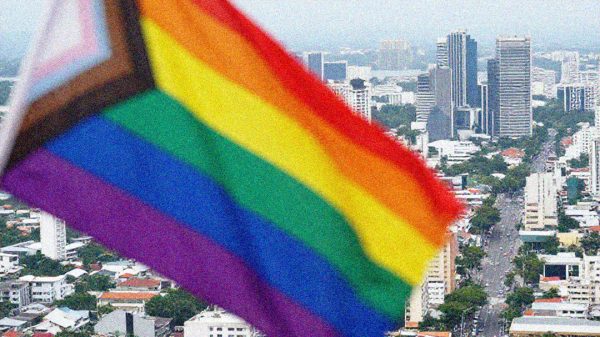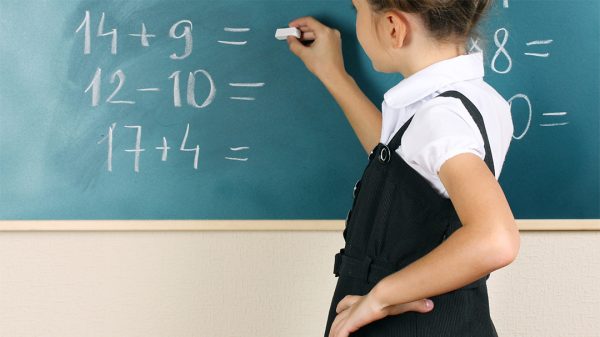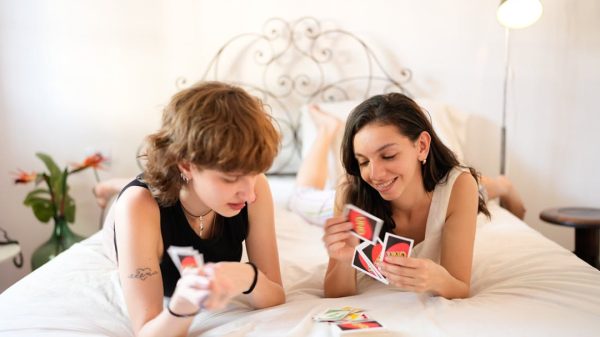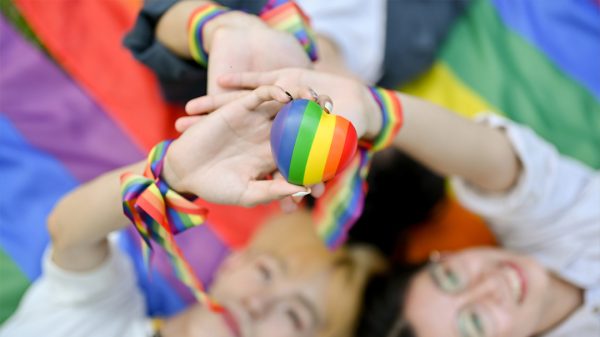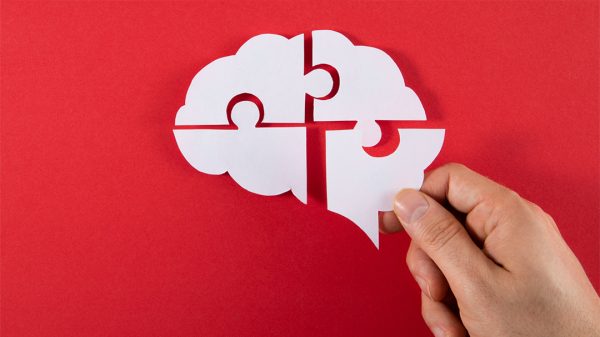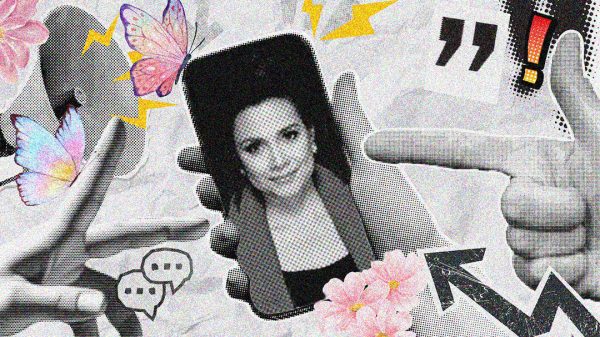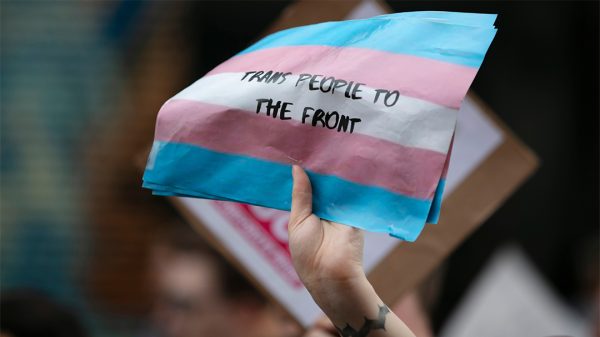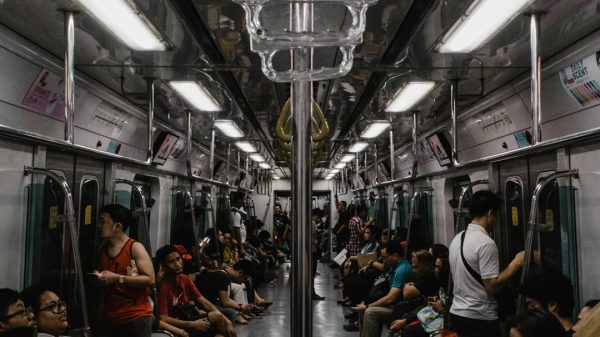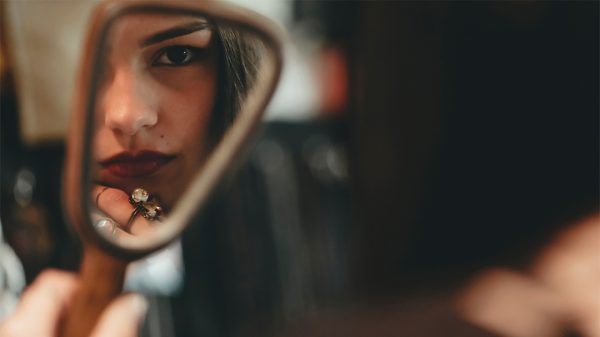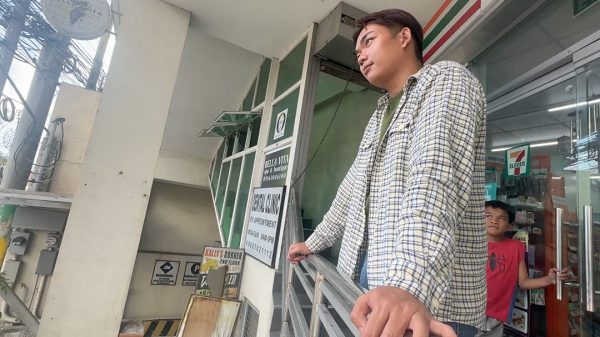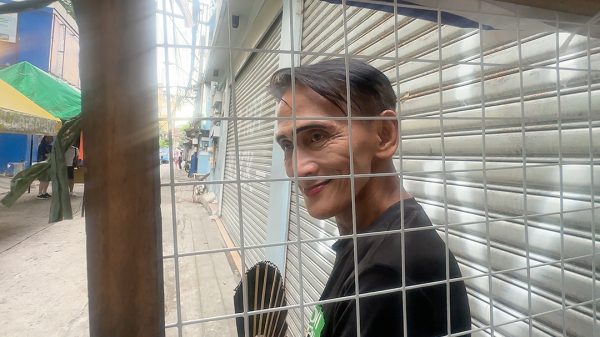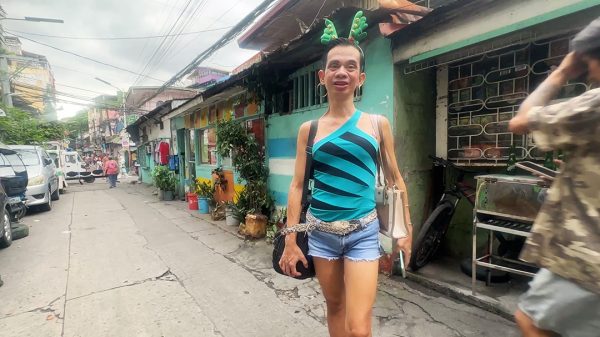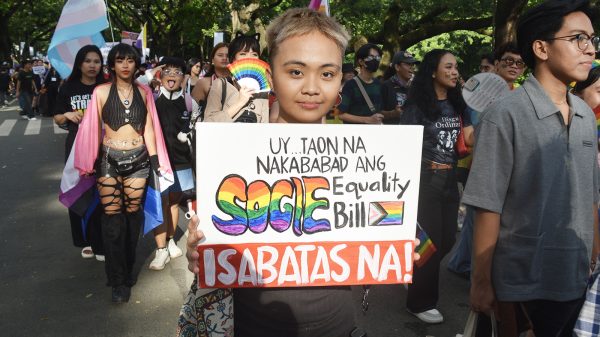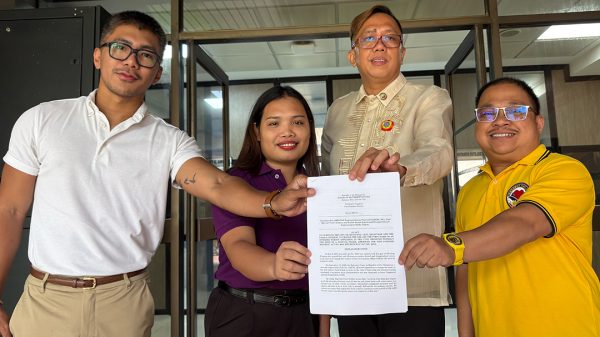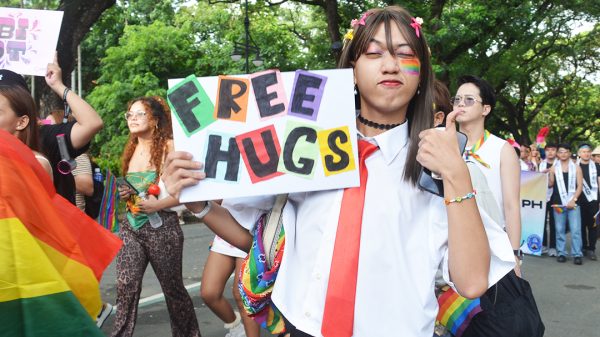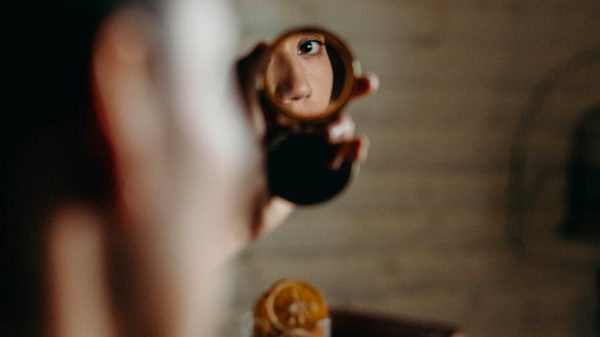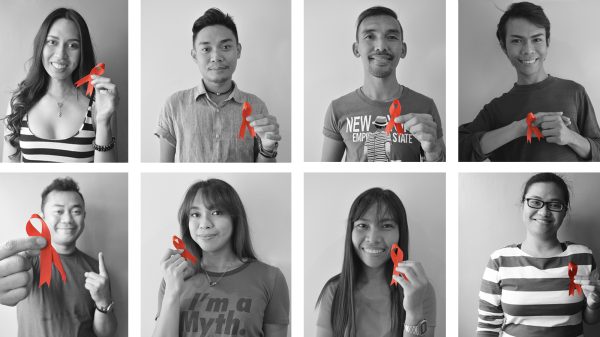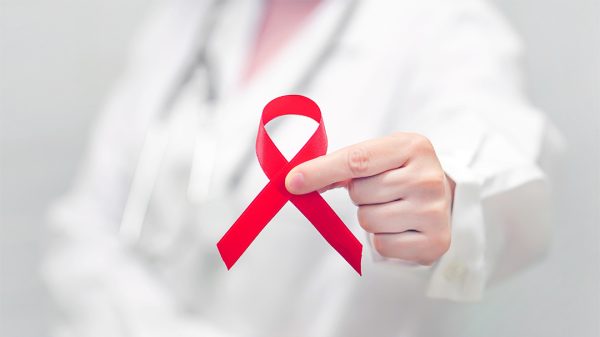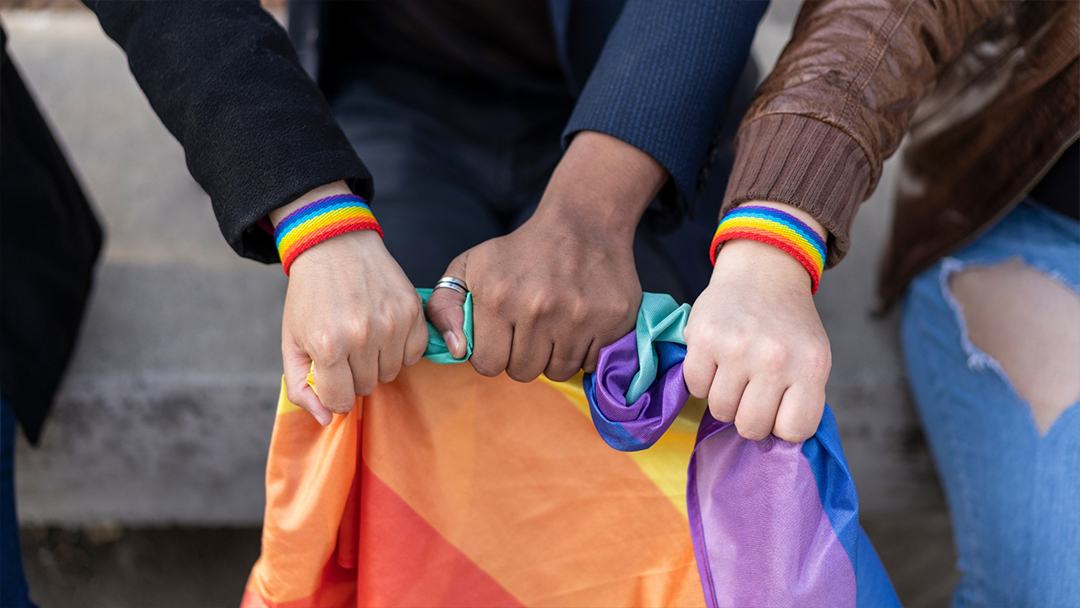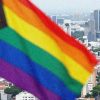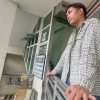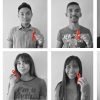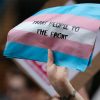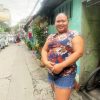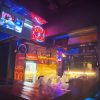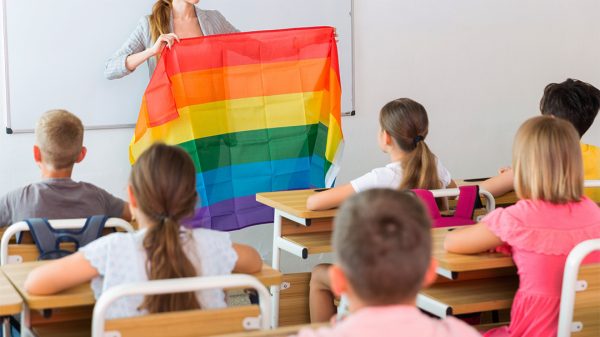Young adults who identify as 2SLGBTQIA+ receive significantly less affirming and inclusive sexual health education than their cisgender, heterosexual peers. Surprisingly, these same students demonstrate higher levels of sexual health literacy.
This is according to a study — “Sexual health literacy and access to inclusive education: Investigating disparities between cisgender heterosexual and 2SLGBTQIA+ young adults” by Phoebe Hodgson, Laura Moore, and Jessica P. Lougheed — that appeared in the Canadian Journal of Human Sexuality.
The research team actually expected 2SLGBTQIA+ young adults to feel excluded from the sex education they received, and yet the results were “unexpected”.
“What surprised us is that they knew more about sexual health than their cisgender, heterosexual peers. At first, I thought, ‘Yay! Queer people know about sexual health.’ But then I realized this is because sex education has failed us—we’ve had to educate ourselves,” Hodgson.
The study found that 2SLGBTQIA+ participants were more likely to use the internet and social media for sexual health information compared to other young adults. However, there were no major differences between the groups when it came to learning from parents, peers or television and film. Despite the lack of affirming school-based education, 2SLGBTQIA+ respondents scored higher on a sexual health literacy questionnaire.
Participants also reported on their sexual health behaviours. 2SLGBTQIA+ students said they used some safer sex practices more often than their heterosexual, cisgender peers, but overall, safer sex practices were low across all groups.
“Higher internet use for sexual health information is a symptom of a problem, not a solution,” Hodgson said. “I’m glad online resources exist to fill the gaps, but school-based education should be comprehensive, accurate and inclusive of all identities.”
The research showed a gap in educational content and a wider public health issue. Hodgson noted this lack of inclusive sex education is happening amid a hostile political climate in places where anti-queer and anti-trans rhetoric is on the rise.
“Sexual health affects everyone,” she said. “We hope our findings inform curriculum reform, educational policy and future research. Comprehensive sexual health education is a human right.”
Lougheed noted that 2SLGBTQIA+ young adults show resilience by educating themselves, but warns this self-reliance can be risky. “When inclusive education is missing, 2SLGBTQIA+ youth look elsewhere. But that can be a problem if the information isn’t accurate or age-appropriate.”
Since publication, the team already shared research results in accessible formats, like posters, brochures and infographics, to reach educators, policymakers and community groups. This is to “keep the conversation going beyond universities”.
“Nothing is going to change if we don’t address how school-based sex education overlooks queer youth,” Hodgson aid. “Sex is a taboo topic, but it shouldn’t be.”


